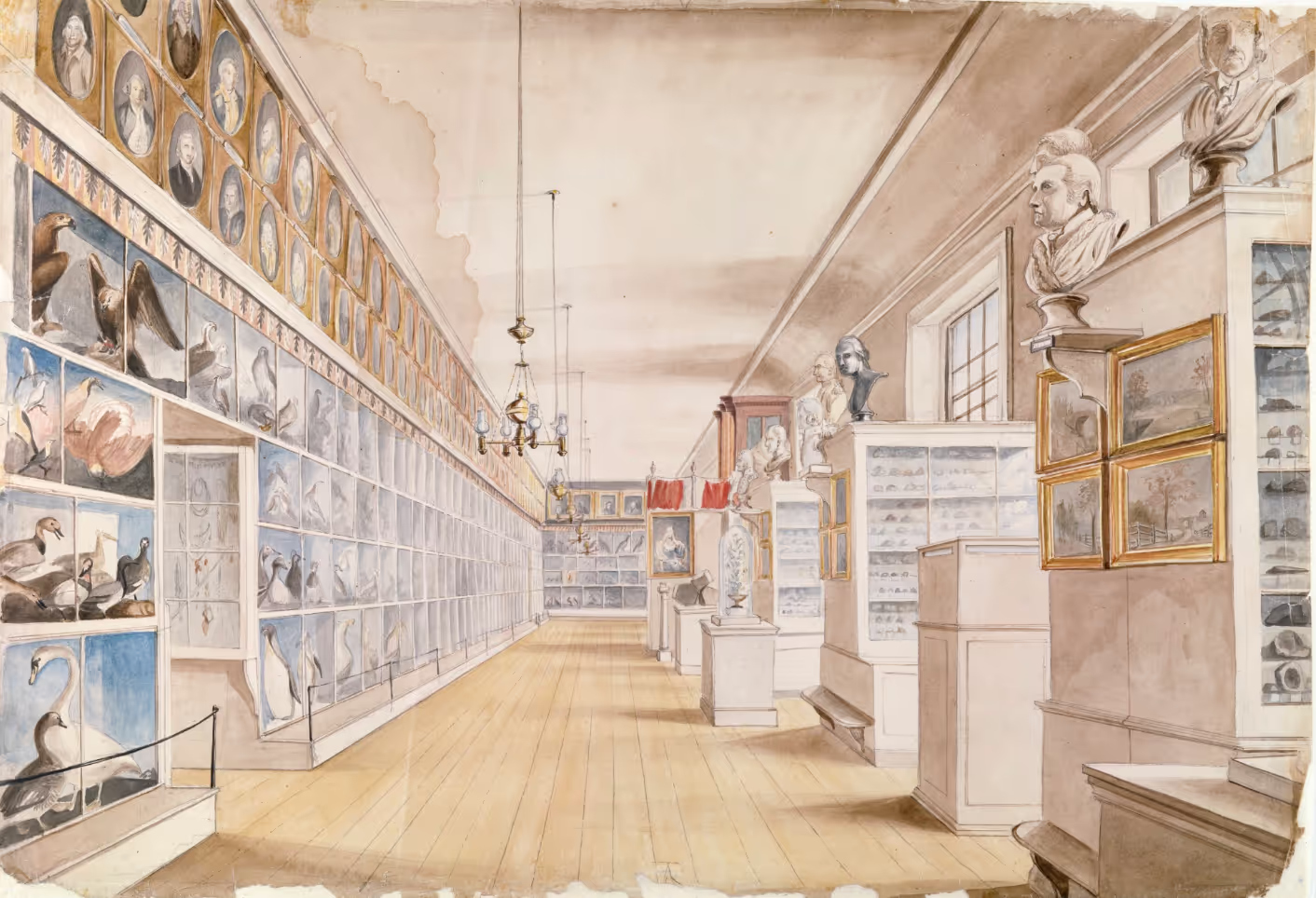Lee Alan Dugatkin is a Professor of Biology and Distinguished University Scholar in the Department of Biology at the University of Louisville. He is a behavioral ecologist and historian of science and his main area of research interest is the evolution of social behavior. Lee has spoken at more than 100 universities worldwide and is the author 0f 150+ articles on evolution and behavior. He is a frequent contributor to Scientific American, Psychology Today and the New Scientist. He is the author of numerous books, including Cooperation Among Animals: An Evolutionary Perspective (Oxford University Press, 1997), The Altruism Equation: Seven Scientists Search for the Origins of Goodness (Princeton University Press, 2006), and Mr. Jefferson and the Giant Moose (University of Chicago Press, 2009). Lee is also author of two textbooks: 1) Principles of Animal Behavior (W.W. Norton, 3rd edition, 2013) and 2) Evolution (W.W. Norton, 2012, coauthored with Carl Bergstrom).





